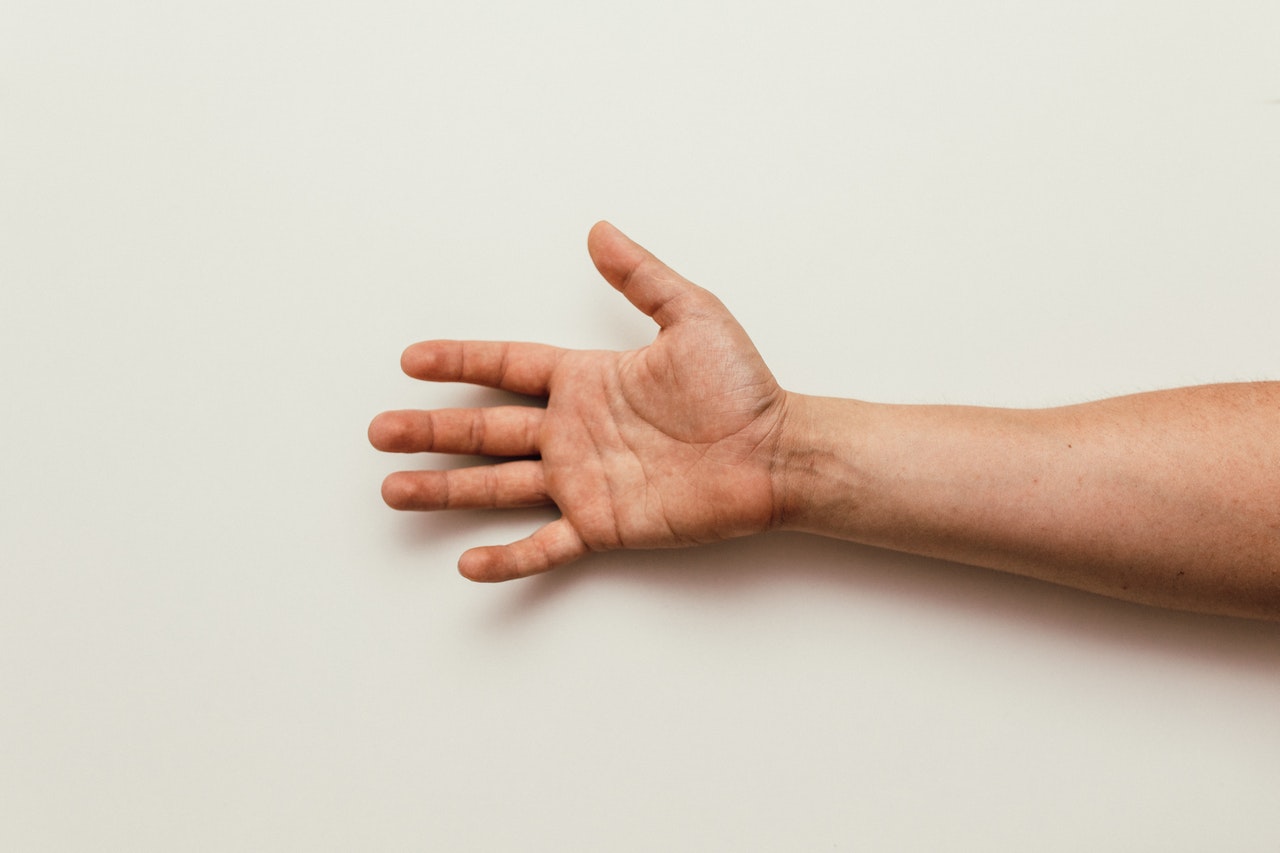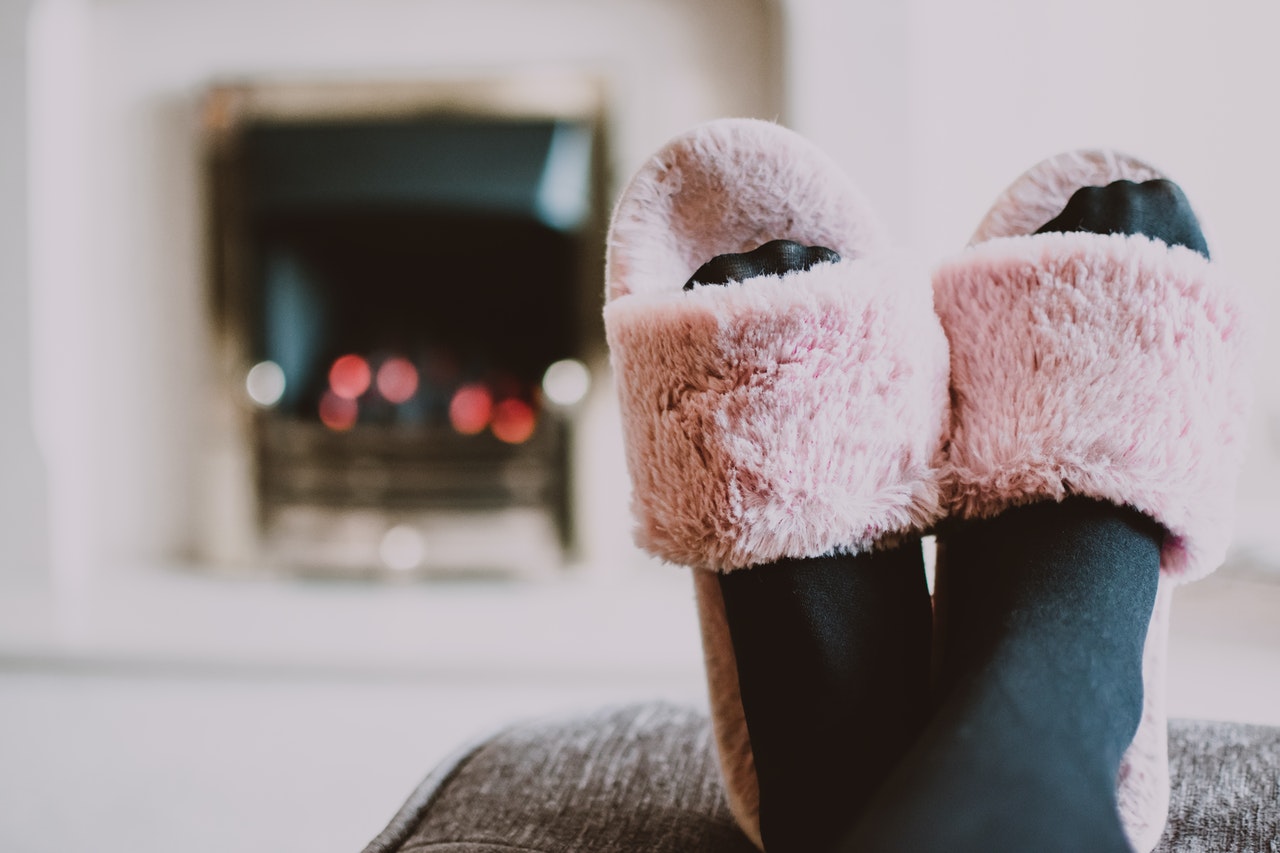Varicose Vein Misconceptions
When you have leg vein disease, it is helpful to know how to properly care for your vein health and what can lead to further complications. If you have already done research online or have spoken with others about your varicose veins, you have likely encountered some contradicting information. With the various misconceptions out there, it can be more challenging to know how to properly care for your varicose veins and prevent them from getting worse.
We will clear up the misconceptions about varicose veins so you will know how to promote healthy veins and decrease your risk for varicose veins and their complications.
Wearing Tight Pants Causes Varicose Veins
While wearing tight clothing does not directly cause varicose veins, it can exacerbate existent varicose veins. Tight pants or shoes can constrict proper blood flow and those with vein disease are already dealing with weak circulation as it is. Varicose veins can become more swollen and irritated when blood flow is further impeded, so you should wear clothing that fits comfortably when you already have varicose veins. If your leg veins are healthy, tight clothing may not be an issue.
Crossing Your Legs Causes Varicose Veins
This is a quite common myth since it is believed that crossing your legs interferes with blood circulation. The issue lies more with sitting for long periods of time rather than the position in which you are sitting. If you are at a higher risk of having varicose veins, you should make an effort to avoid sitting for hours straight. If you must sit, change up your position periodically, rotate your ankles, and point and flex your feet to get the blood moving.
Only Women Get Varicose Veins
Women happen to be more susceptible to getting varicose veins, but men can still get them. Pregnancy and hormones are the two main culprits that put women at a higher risk of having varicose veins than men.
Everyone Gets Varicose Veins When They Get Older
The chances of getting varicose veins increases with age but not all older adults experience vein disease. Actually, only about 20% of all adults will get varicose veins. As you age, the wear and tear on your veins makes them weaker and more vulnerable to vein disease, but varicose veins are not inevitable with age.
Pregnancy Causes Varicose Veins
If you already have varicose veins, pregnancy can aggravate them due to increased blood volume and weight which both put additional pressure on the leg veins. Varicose veins that do develop during pregnancy are typically temporary and fade after the baby is born.
Women Should Wait to Have Their Varicose Veins Treated Until They are Done Having Children
You can have your varicose veins treated before or after pregnancy but not during or when you are trying to become pregnant. Pregnancy can put additional pressure on your leg veins, so you may benefit from having them treated before you get pregnant and practicing good vein care throughout your pregnancy.
Tattoos are a Good Way to Cover Up Your Varicose Veins
Some people choose to forgo treatment for their varicose veins and instead try to camouflage them with a strategically placed tattoo. However, this is not recommended. Tattoos always come with a risk of infection and if it becomes infected over a varicose vein, you will be in for a variety of complications. The bulging of your varicose vein can also affect how the tattoo will appear and if you do decide to get the vein treated after tattooing over it, your doctor will have a more difficult time examining the vein and the surrounding skin.
You Will Have Varicose Veins if Others in Your Family Have Them
If your ancestors were plagued with bulging blue veins on their legs, it does not guarantee that you will meet the same fate. It does indicate a higher risk of varicose veins, but you can avoid them or reduce their appearance with proper vein care.
You Will No Longer Need Compression Stockings if You Have Your Varicose Veins Treated
Seeking out varicose vein treatment to avoid having to wear compression stockings will not work out in your favor. If you are hoping to have your insurance company cover part or all of the procedure, you will likely be required to use compression stockings first to see if a medical procedure is deemed necessary. If you do have your veins treated, compression stockings are often an important part of post-procedure vein care.
Massage Can Make Varicose Veins Go Away
When your legs are achy and tired at the end of the day, it may be tempting to get a massage to ease the discomfort. While this will likely make your legs feel better, massage is not a cure for varicose veins and will not make them disappear.
Varicose Veins are Just a Cosmetic Issue
One of the first things people notice about varicose veins is the swollen, bulging, twisted appearance. That is usually enough to make a person want to have them removed, but varicose veins can lead to a multitude of health conditions. In addition to the physical discomfort such as pain, swelling, and fatigue, varicose veins can lead to leg ulcers, skin discoloration, bleeding, and blood clots.
Practicing healthy vein habits and developing a treatment plan with your doctor can help protect your health and prevent further complications. It may be necessary to undergo a medical procedure to close off or remove the varicose vein completely.
Varicose Vein Treatment is Painful
One of the major deterrents of varicose vein treatment is fear about the procedure. Many people are afraid that the treatment will be more painful than the condition itself. Older procedures were more invasive and painful, leaving behind scarring and a long, uncomfortable recovery period.
Thankfully, newer varicose vein treatments are virtually painless and require little to no recovery time. You can often have the procedure done right in your doctor’s office and return home immediately afterward. There are a variety of different treatment options for varicose veins now, so you can decide with your doctor which one is best for you. Leaving your veins untreated can lead to worsening of your symptoms as well as more serious complications, so don’t let fear keep you from getting the treatment you need.
Summary
Now you know about some of the common misconceptions about varicose veins. Awareness of the symptoms of varicose veins and what makes you more susceptible to them can help you make the changes you need to promote the health of your veins. As much as home treatments can help alleviate the symptoms of varicose veins, they are not likely to eliminate the veins. Leaving varicose veins untreated can lead to future complications, so it’s important to address them.
While a healthy diet and lifestyle are extremely helpful for decreasing the appearance of varicose veins, it’s important to seek out professional care if the problem persists. If you’re experiencing symptoms from varicose veins that don’t respond to diet and lifestyle changes, contact us today to book an appointment.





